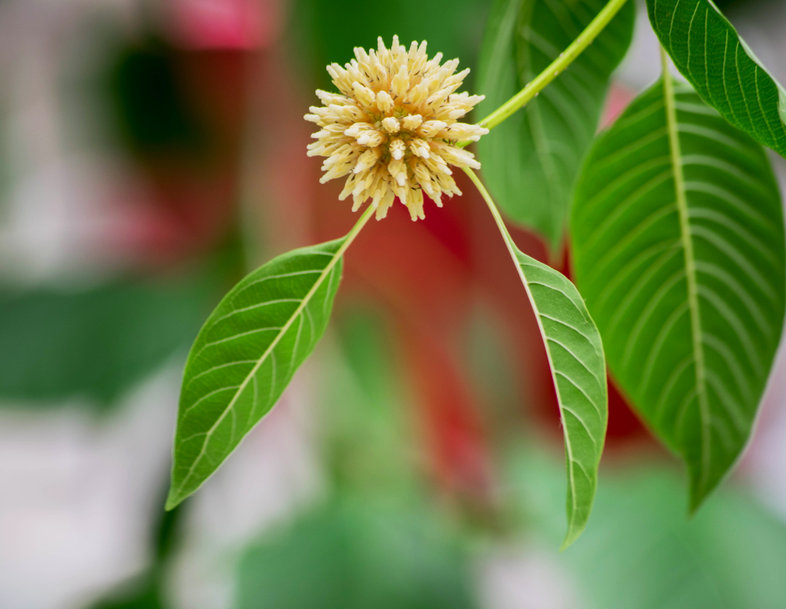Kratom, the well-known analgesic from Southeast Asia, has a host of benefits to offer. It can elevate your mood and boost your stamina. Some use it to cope with the symptoms of opioid withdrawal. Also, it was revealed by a study that some countries have been using it for a long time to deal with addiction to opioids.
Although kratom can help people deal with symptoms of withdrawal caused by drugs like heroin and oxycodone, its long-term use may lead to dependence. But if kratom-dependent people stop using it all of a sudden, it can lead to withdrawal symptoms.
What are the Symptoms Of Kratom Withdrawal?
Dealing with kratom withdrawal can be challenging. It is often similar to opioid withdrawal. But unlike opioid withdrawal, it is not very severe. In fact, it has been discovered that those who consume large quantities of kratom on a daily basis are more prone to experiencing moderate or sometimes severe withdrawal.

The following list presents some of the most common kratom withdrawal symptoms:
- Fatigue
- Nausea
- Insomnia
- Runny nose
- Diarrhea
- Irritability
- Muscle pain
- Joint pain
- Sweating
- Hot flashes
Anecdotes suggest that consumption of high doses of kratom often suffer from post-acute withdrawal syndrome (PAWS). In some cases, feelings of anxiety and depression have been associated with kratom withdrawal. However, not everyone has to go through this ordeal.
Duration Of Kratom Withdrawal
According to the European Monitoring Centre for Drugs and Drug Addiction (EMCDDA), kratom withdrawal lasts for about seven days for a kratom user who has developed a high degree of dependence on it.
There are a number of factors that govern the duration of kratom withdrawal, with some of the major influences including genetics, the quantity of kratom consumed, and how long a person has been using it.
Tapering Of Kratom
If someone stops consuming kratom all of a sudden, the withdrawal symptoms may be really hard to deal with. That’s because when there is an abrupt stoppage of kratom consumption, the brain may be swift in its attempt to restore normalcy. Therefore, it is better to reduce your kratom intake gradually. This process is known as tapering.
The Top Ways To Cope With Kratom Withdrawal
Kratom withdrawal may be painful for some people. However, if you follow any of the given strategies, you will be able to deal with the symptoms of kratom withdrawal effectively:
- You can resort to using over the counter (OTC) pain relievers: Some over-the-counter (OTC) pain-relieving drugs such as acetaminophen, aspirin, ibuprofen, and other similar drugs can help you in dealing with some symptoms of kratom withdrawal-like muscle pain.
- Drink plenty of water: It is important to drink lots of water while experiencing kratom withdrawal. This is because you may end up being dehydrated due to sweating or vomiting.
- To cope with diarrhea, you may take an antidiarrheal drug: A major symptom of kratom withdrawal is diarrhea, and to deal with it, you may take medications like Imodium, Pepto-Bismol, or any other similar drug.
- You may take OTC antiemetic drugs to deal with nausea and vomiting: Drugs such as Gravol, Pepto-Bismol, and Dramamine can help you deal with nausea and even vomiting.
- Eat small amounts of food frequently: Eating small amounts of food may help you deal with feelings of nausea.
- Rest well: To ward off feelings of anxiety and irritability, you need to take rest and sleep well at night.
- Practice relaxation techniques to ease all kinds of mental discomfort: Meditation, yoga, and other relaxation techniques can help you cope with feelings of anxiety and other forms of mental distress.
- You may cultivate your hobbies: Doing what you love would offer you a healthy form of distraction.
- Talking to a friend or a loved one would be nice: You may reach out to your friends and family and spend some time with them. Talking to them would be another form of healthy distraction and help you overcome mental or emotional distress feelings.
When kratom-dependent people stop using kratom suddenly, it is normal for them to experience symptoms of withdrawal. Though it’s important to note that not everyone who stops taking kratom will have the same symptoms or the same severity. Those who have high levels of kratom dependence are likely to find it more challenging to deal with withdrawal symptoms.
As such, if you decide to stop using kratom, you should start small. Decrease your dosage little by little and it can help combat the symptoms of withdrawal.